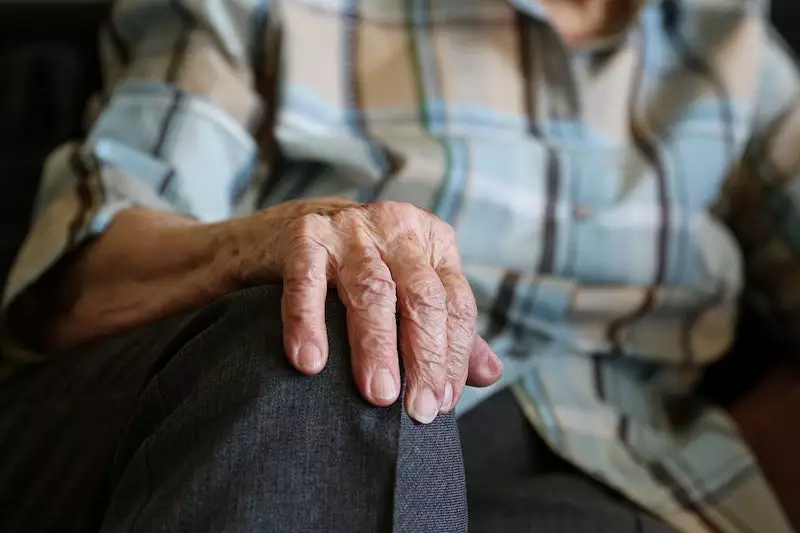Parkinson’s detected earlier using Artificial Intelligence: report
SOURCE: ECONOMYNEXT.COM
SEP 09, 2022

ECONOMYNEXT – Researchers in the US have developed a technique that can detect Parkinson’s, which currently cannot be cured, early.
Scientists from America’s MIT created a tool called a neural network — algorithms that mimic the human brain — that could predict the onset and severity of the disease by analysing breathing patterns of sleeping individuals, a study published in Nature Medicine said.
The tool was tested on 7,600 people, around 750 of whom had Parkinson’s disease.
Parkinson’s, a degenerative brain disorder, is difficult for doctors to spot, so many people get diagnosed at a late stage due to the lack of definitive testing. Early diagnoses could give patients valuable time to take necessary steps.
The study claims the tool was 90% accurate when analysing one night’s sleep, and 95% accurate when analysing 12 nights of sleep.
Medical ethicists urge that more research should be done when entrusting healthcare to AI.
Meanwhile the University of Manchester is testing a simple skin swab that can detect Parkinson’s disease in three minutes, thanks to a Scotswoman who can smell the condition.
The catalyst to the research, Joy Milne (72) has a rare condition which gives her a heightened sense of smell.
She realised that people with Parkinson’s give off the same “musty odour,” after meeting her late husband’s Parkinson’s support group. She had detected a change in her husband’s scent 12 years before he was officially diagnosed with the disease, and meeting other patients had helped her draw the link between the smell and the condition.
The Guardian reported that Milne, a retired nurse and her husband, a doctor, had contacted Dr Tilo Kunath at the University of Edinburgh in 2012. Kunath, along with Prof Perdita Barran, asked Milne to smell the T-shirts worn by people with and without Parkinson’s. She had correctly identified the patients, and also said that one from the “healthy” group “smelled like” they had the disease.
Eight months later, the “healthy” test subject was diagnosed with Parkinson’s.
In 2019, researchers at the Manchester University led by Barran found that 500 of 4000 unique chemical compounds contained in sebum (substance secreted by the skin), were different in Parkinson’s patients than healthy test subjects.
The research helped identify Parkinson’s patients with 85% accuracy, the University’s official website said.
Further tests are being conducted. If implemented, the skin swab would be faster, cheaper, and far less invasive than the AI.
The research also opens up the possibility of diagnosing other illnesses using non-invasive sebum analysis. (Colombo/Sep09/2022)
LATEST NEWS
WHAT'S TRENDING


Data Science
5 Imaginative Data Science Projects That Can Make Your Portfolio Stand Out
OCT 05, 2022

Eerily realistic: Microsoft’s new AI model makes images talk, sing
SOURCE: INTERESTINGENGINEERING.COM
APR 20, 2024
80% of AI decision makers are worried about data privacy and security
SOURCE: ARTIFICIALINTELLIGENCE-NEWS.COM
APR 17, 2024
AI Is Set To Change Fertility Treatment Forever
SOURCE: HTTPS://CODEBLUE.GALENCENTRE.ORG/
NOV 06, 2023
AI-empowered system may accelerate laparoscopic surgery training
SOURCE: HTTPS://WWW.NEWS-MEDICAL.NET/
NOV 06, 2023
Here’s Everything You Can Do With Copilot, the Generative AI Assistant on Windows 11
SOURCE: HTTPS://WWW.WIRED.COM/
NOV 05, 2023
Tongyi Qianwen, An AI Model Developed By Alibaba, Has Been Upgraded, And Industry-specific Models Have Been Released
SOURCE: HTTPS://WWW.BUSINESSOUTREACH.IN/
OCT 31, 2023




